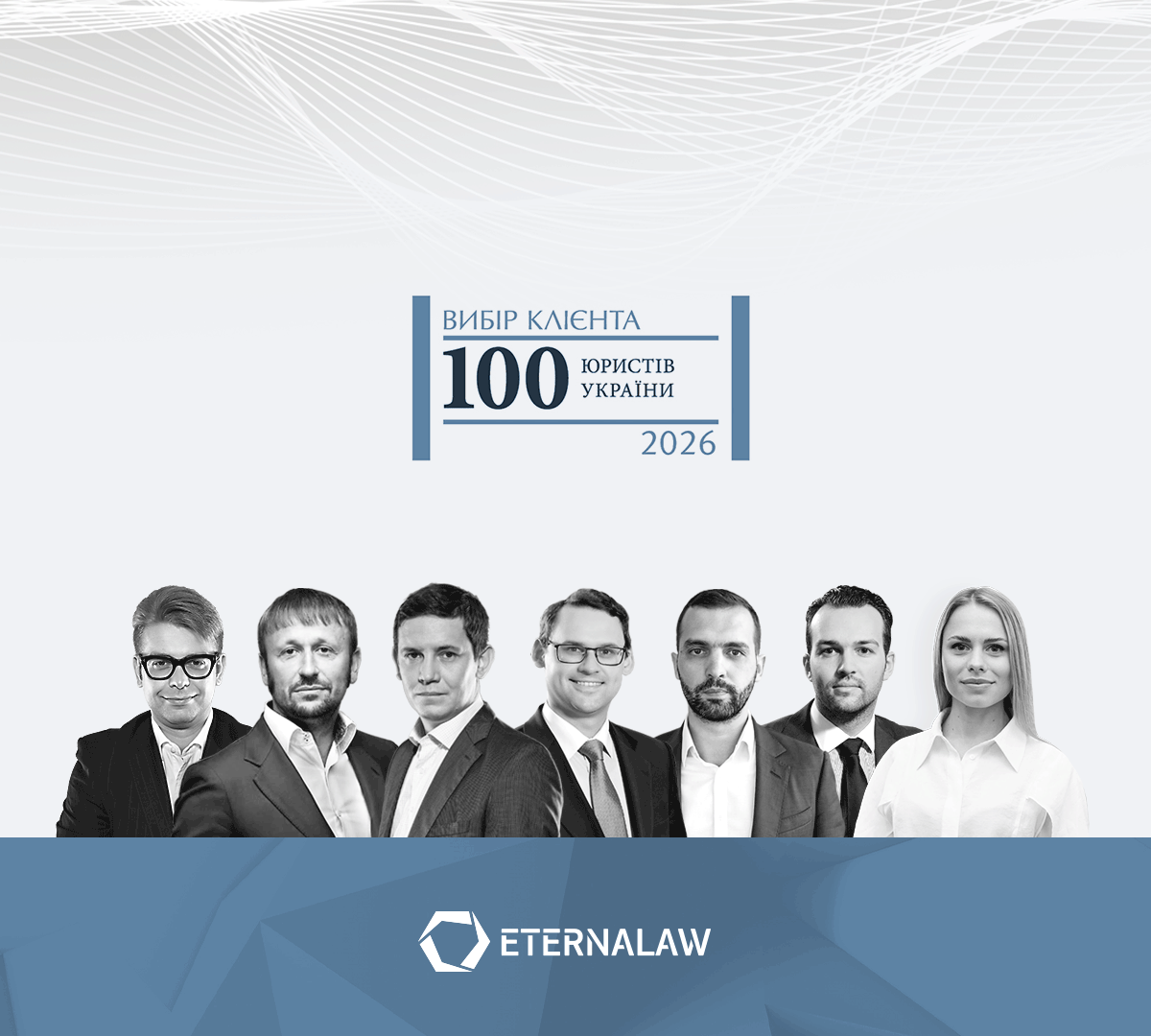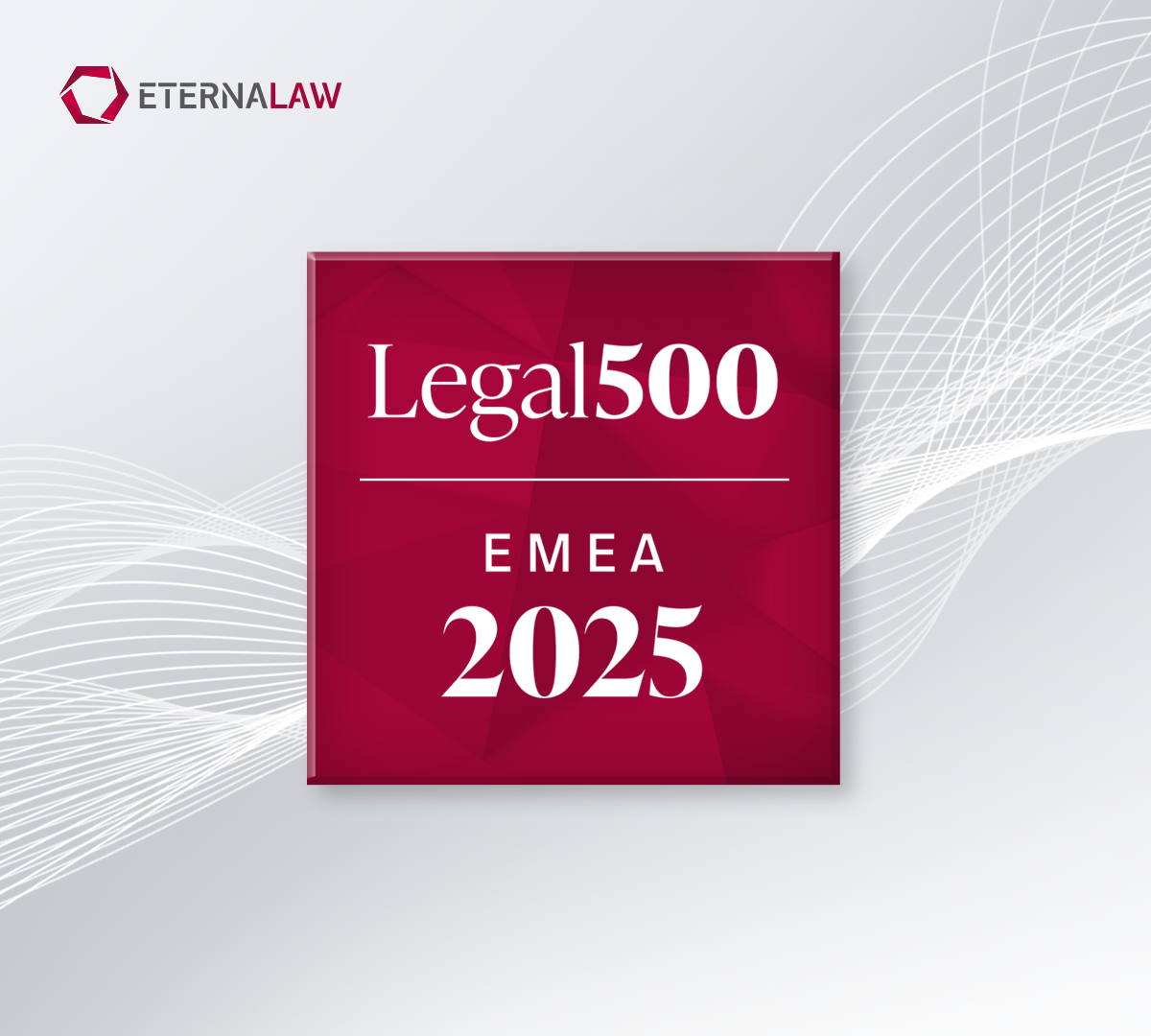Junior Lawyer at ETERNA LAW
Today, the ideas of blockchain and smart contracts are rapidly moving beyond the world of cryptocurrencies and metaverses and are increasingly being integrated into real business processes. In Ukraine, prototypes of blockchain-based registries have already been tested with the aim of tokenising real estate and introducing smart contracts to automate registration processes, sales and transfer of ownership rights without intermediaries. State electronic auction systems for the sale of property using blockchain technology are also being introduced to increase transparency and trust.
Given the development of digital platforms, the question arises as to whether smart contracts can currently be used in the authorised capital of Ukrainian companies, and how their implementation could transform the processes of contributing and accounting for shares.
To understand how a smart contract works, let’s look at an example from one of its most common areas of application — decentralised finance (DeFi): an investor places funds in the protocol, and the smart contract automatically records the amount of the contribution, distributes interest and ensures its payment without the involvement of a bank or other intermediary. The code in the blockchain acts as a guarantor: as soon as certain conditions are met (for example, the expiry of a term or the achievement of a certain profit), the funds are transferred to the investor. Thus, a smart contract is a coded algorithm in the blockchain that independently executes an agreement between the parties without manual intervention by third parties.
Ukrainian legislation does not yet have a direct definition of a smart contract, although the Law on Virtual Assets was adopted in 2022. It partially outlines the framework for digital assets that can be used to certify property rights, but does not provide a clear understanding of whether a smart contract can be equated to a legal transaction.
In corporate governance, the idea of using smart contracts looks particularly attractive. It will allow for the automation of contributions to the authorised capital, the transparent distribution of shares among participants, the transfer of shares or stocks in the event of a sale, and the payment of dividends directly to token holders. Let’s imagine that the corporate rights of each participant are represented in the form of digital tokens: their transfer from one owner to another occurs through a smart contract, which simultaneously records the change of ownership in the register and automatically triggers all related legal consequences.
A smart contract can also ensure the automatic issuance of new tokens in the event of an increase in authorised capital, recording all changes in real time and preventing accounting errors. At the same time, dividends can be distributed in proportion to each owner’s share, without the need to involve banking intermediaries or maintain complex paper documentation. In addition, smart contracts are capable of implementing conditional agreements on capital contributions, automatically accepting or rejecting contributions from new participants in accordance with defined rules or financial indicators of the company. This will allow companies to maintain transparency, increase trust among participants, and reduce the risk of conflicts or fraud.
Interestingly, there are already examples of the practical application of blockchain-based smart contracts in corporate governance around the world. In Estonia, the regulator has allowed the issuance of equity tokens that confirm participation in the company. The law allows tokenised shares to be transferred through any means of written documentation, including electronic tokens, email or SMS, without the mandatory involvement of a notary or depositary. One of the international fintech platforms specialising in digital securities has implemented a shareholder voting system on the blockchain, where smart contracts ensure transparency of the process, protection against manipulation and automatic vote counting.
Ukraine is only at the beginning of this path. The problem is that the current laws ‘On Limited and Additional Liability Companies’ and ‘On Joint Stock Companies’ provide for traditional mechanisms for accounting for corporate rights:
- For LLCs — state registration of changes in the composition of participants (with the possibility of voluntary registration of shares through the Central Securities Depository);
- For JSCs — through a depository system that is currently not integrated with blockchain and does not support tokens.
For LLCs, there is potential for the implementation of smart contracts and tokenisation of shares in their own systems, as the law allows for the non-use of the state depository. Ukrainian legislation does not prohibit the use of smart contracts or digital tokens for internal share accounting, but tokens are not officially recognised as capital shares in state registers and do not give rise to legal consequences for third parties.
Thus, although keeping records of shares through a depository brings corporate rights closer to the format of ‘digital records’ to a certain extent, even in this case, a smart contract cannot directly change the owner of a share in a company without mandatory state registration. Therefore, smart contracts can currently only be used as an internal mechanism within a corporate agreement between participants, but they have no legal force in relations with third parties.
In the future, the introduction of smart contracts in the authorised capital may have significant advantages. They can ensure transparency and security of corporate rights, make transactions with them faster and cheaper, reduce the risk of abuse, and simplify the attraction of investments through the tokenisation of shares. At the same time, there are obvious limitations: the lack of recognition of tokens as corporate rights, the lack of regulation of tax consequences, and the lack of case law confirming the legal force of such agreements.
Therefore, in order for the idea of smart contracts in authorised capital to work, it is necessary to amend corporate, tax and currency legislation, allow the tokenisation of corporate rights, integrate state registers with blockchain technologies and create ‘regulatory sandboxes’ for testing such solutions.
Thus, today, smart contracts in authorised capital remain more of a concept for the future than a reality. They can be used for internal control and transparency between participants, but they cannot replace state registration or the depository system. Ukrainian legislation is not yet ready for the complete digitisation of corporate rights, but global examples prove that this scenario is entirely possible. Therefore, smart contracts in authorised capital are currently more of a futuristic concept that requires large-scale legislative changes, but in the future, they may become an integral part of corporate governance.



